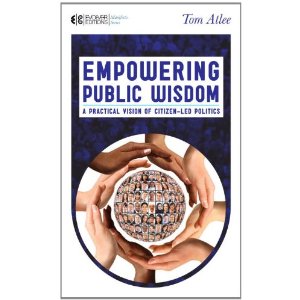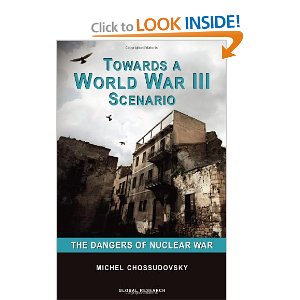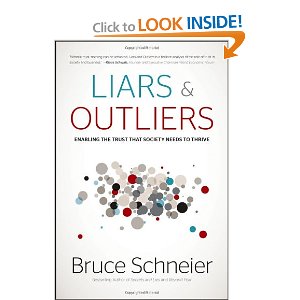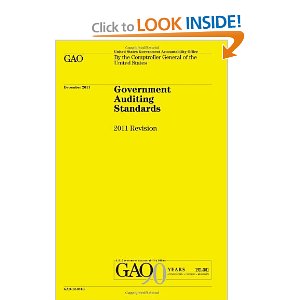
Tom Atlee
5.0 out of 5 stars The Real Tom Paine of Our Generation,October 10, 2012
I first met Tom when I sought him out after discovering his first book The Tao of Democracy: Using co-intelligence to create a world that works for all and invited him to speak to an international gathering of information and intelligence professionals. In my view, his words to that group were as powerful as those of Howard Rheingold and John Perry Barlow, themselves speaking to the same conference a decade earlier. Since then I have read Tom's second book Reflections on Evolutionary Activism: Essays, poems and prayers from an emerging field of sacred social change, and written my own manifesto, the second book in this series (Tom's is the third, the first was Manifesto for the Noosphere: The Next Stage in the Evolution of Human Consciousness (Manifesto Series). To the extent that I have been constructively radicalized toward open everything and the core principles of transparency, truth, and trust, I owe a great debt to Tom and the Seattle wizards that I met because of him, not least Jon Ramer, Susan Cannon, and Sheri Herndon.
By way of contextual appreciation, I would also mention Harrison Owen, whose first book tom cites but whose most recent book I am compelled to present here, Wave Rider: Leadership for High Performance in a Self-Organizing World, and Peggy Owen, whose most recent book is Engaging Emergence: Turning Upheaval into Opportunity. I am delighted that he also honors Jim Rough (Society's Breakthrough!: Releasing Essential Wisdom and Virtue in All the People) and the team of Juanita Brown and David Isaacs (The World Cafe: Shaping Our Futures Through Conversations That Matter among many others.
Tom provides both an appendix of key concepts with links for each that I have remixed and posted to Phi Beta Iota the Public Intelligence Blog, and an excellent list of books that I am also posting with links. The triad is easily found online by searching for Tom Atlee Public Wisdom Trilogy.
Continue reading “Review: Empowering Public Wisdom – A Practical Vision of Citizen-Led Politics”








